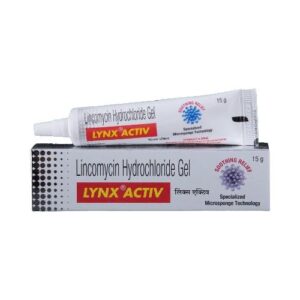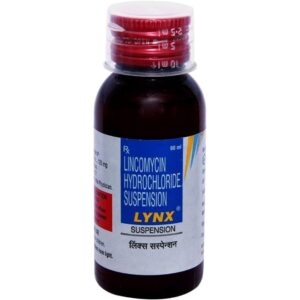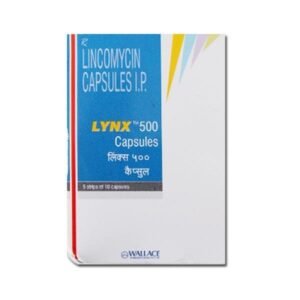LINCOMYCIN
LINCOMYCIN: LINCOMYCIN is an antibiotic drug commonly used to treat certain bacterial infections. It inhibits the growth of bacteria by interfering with their ability to produce essential proteins. This medication is primarily used to treat infections caused by susceptible strains of Staphylococcus and Streptococcus bacteria.
The mechanism of action of lincomycin involves binding to the 50S subunit of the bacterial ribosome, thereby inhibiting protein synthesis. By blocking this process, the drug prevents the bacteria from replicating and spreading, ultimately leading to their death.
The dosage of lincomycin may vary depending on the severity of the infection and the patient’s age and weight. The typical adult dose is 500 mg administered every 6 to 8 hours, but the exact dosing instructions should be determined by a healthcare professional. It is important to follow the prescribed dosage and complete the full course of treatment, even if symptoms improve before the completion of the medication.
Common side effects of lincomycin include diarrhea, stomach upset, nausea, and vomiting. Less frequent side effects may include skin rash, itching, dizziness, headache, and changes in taste. If any severe side effects or allergic reactions occur, such as difficulty breathing, swelling of the face or throat, or a severe skin reaction, immediate medical attention should be sought.
Lincomycin can interact with other medications, so it is crucial to inform your healthcare provider about any other drugs you are taking. It is also essential to mention any existing medical conditions or allergies before starting lincomycin therapy.
As with any antibiotic, it is important to use lincomycin as prescribed by a healthcare professional and not for conditions it is not intended to treat.



